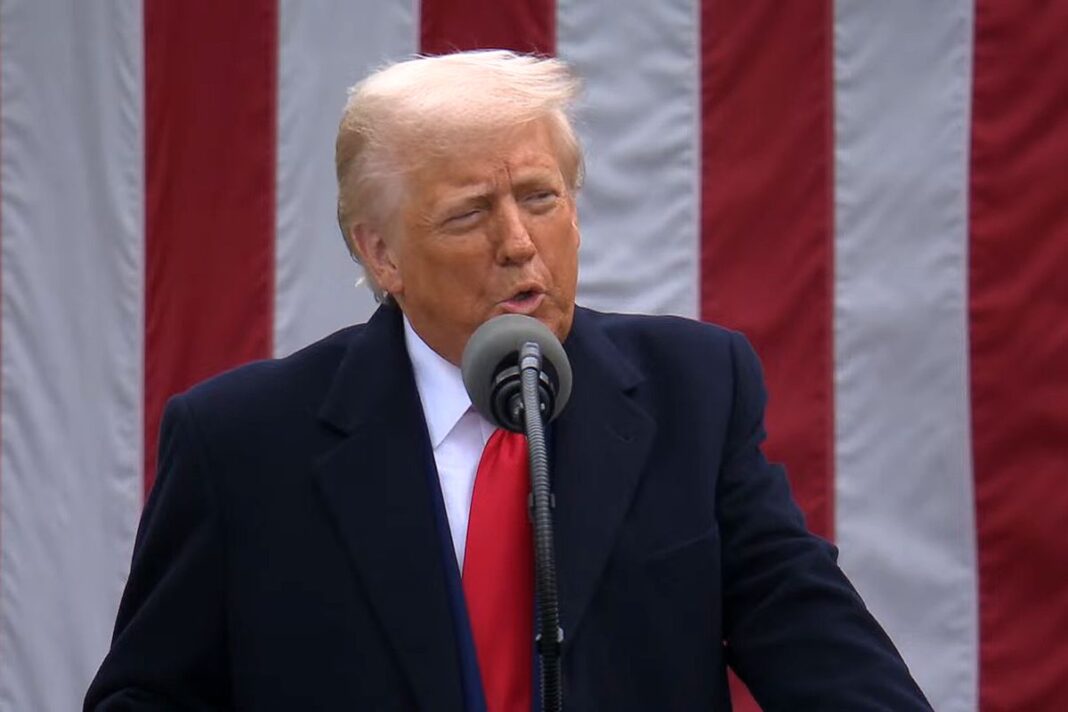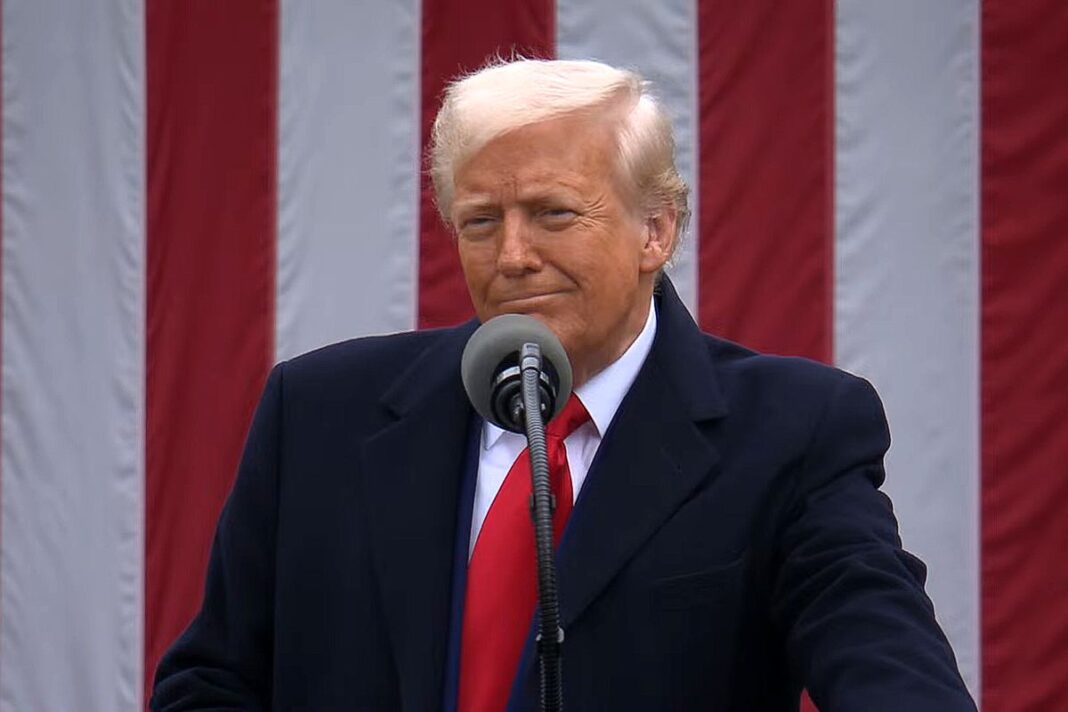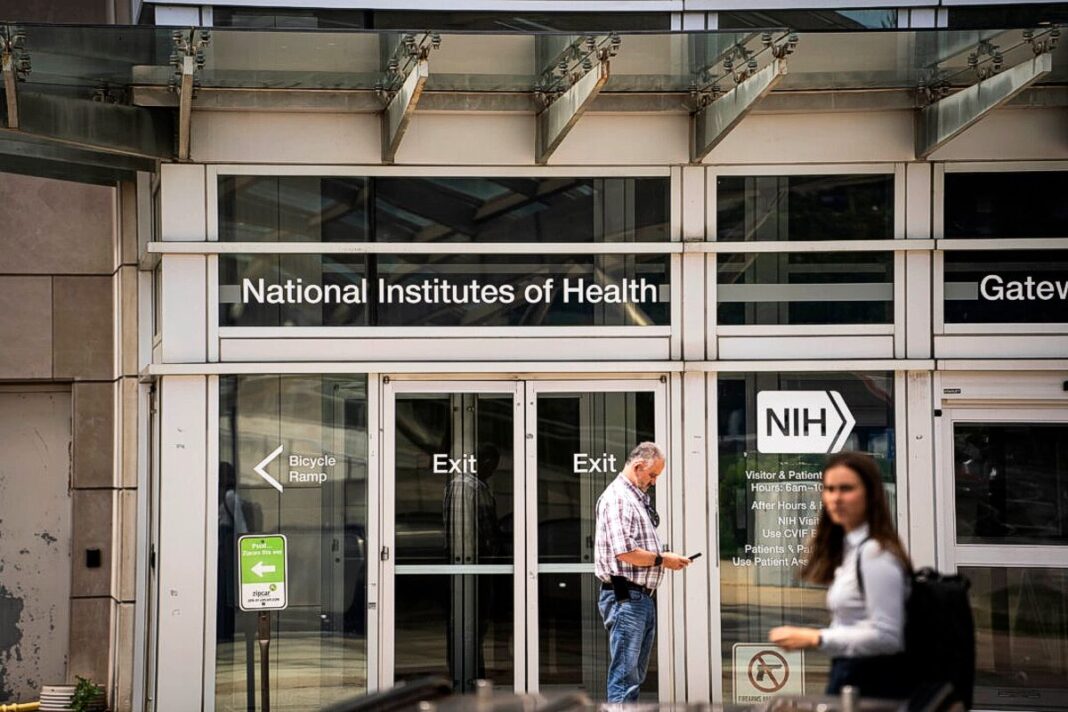Trump’s ‘Liberation Day’ announcement will see tariffs applied to about 75 countries globally.
Australia has gotten off relatively lightly after the Trump administration unveiled its “Liberation Day” global tariffs.
Dubbed “Liberation Day,” the April 2 announcement revealed a global baseline 10 percent minimum tariff on about 75 countries on all goods heading into the United States—several countries were singled out for much higher rates.
However, Aussie beef exports to the United States were singled out by President Donald Trump amid concerns local biosecurity restrictions were a hurdle for U.S. companies wishing to break into Australia.
Australia does not accept U.S. imports of beef, pork, cooked poultry or pears due to various disease concerns.
Since 2003, Australia shut the door on U.S. beef imports amid fears of bovine spongiform encephalopathy—better known as mad cow disease.
While Australia does not charge a direct tariff to the U.S, the Trump administration has taken Australia’s biosecurity fees into account.
“Australians … they’re wonderful people, wonderful everything, but they ban American beef,” Trump told reporters on March 2.
“Yet we imported US$3 billion of Australian beef from them just last year alone.
“They won’t take any of our beef, they don’t want it because they don’t want it to affect their farmers and, you know, I don’t blame them but (we’re) doing the same thing right now starting at midnight tonight, I would say.”
The United States is Australia’s largest red meat marketing accounting for almost 400,000 tonnes.
‘Not the Act of a Friend’: Labor Government Responds Strongly
Australian Prime Minister Anthony Albanese called an immediate press conference in response to the tariffs, saying they went against the relationship between the two countries.
“President Trump referred to reciprocal tariffs—a reciprocal tariff would be zero, not 10 percent,” he claimed.
“The administration’s tariffs have no basis in logic and they go against the basis of our two nations’ partnership.
“This is not the act of a friend.”
Albanese said the tariff would add to global economic uncertainty and push up costs in the United States.
“Our existing Free Trade Agreement with the United States contains dispute resolution mechanisms,” Albanese said.







